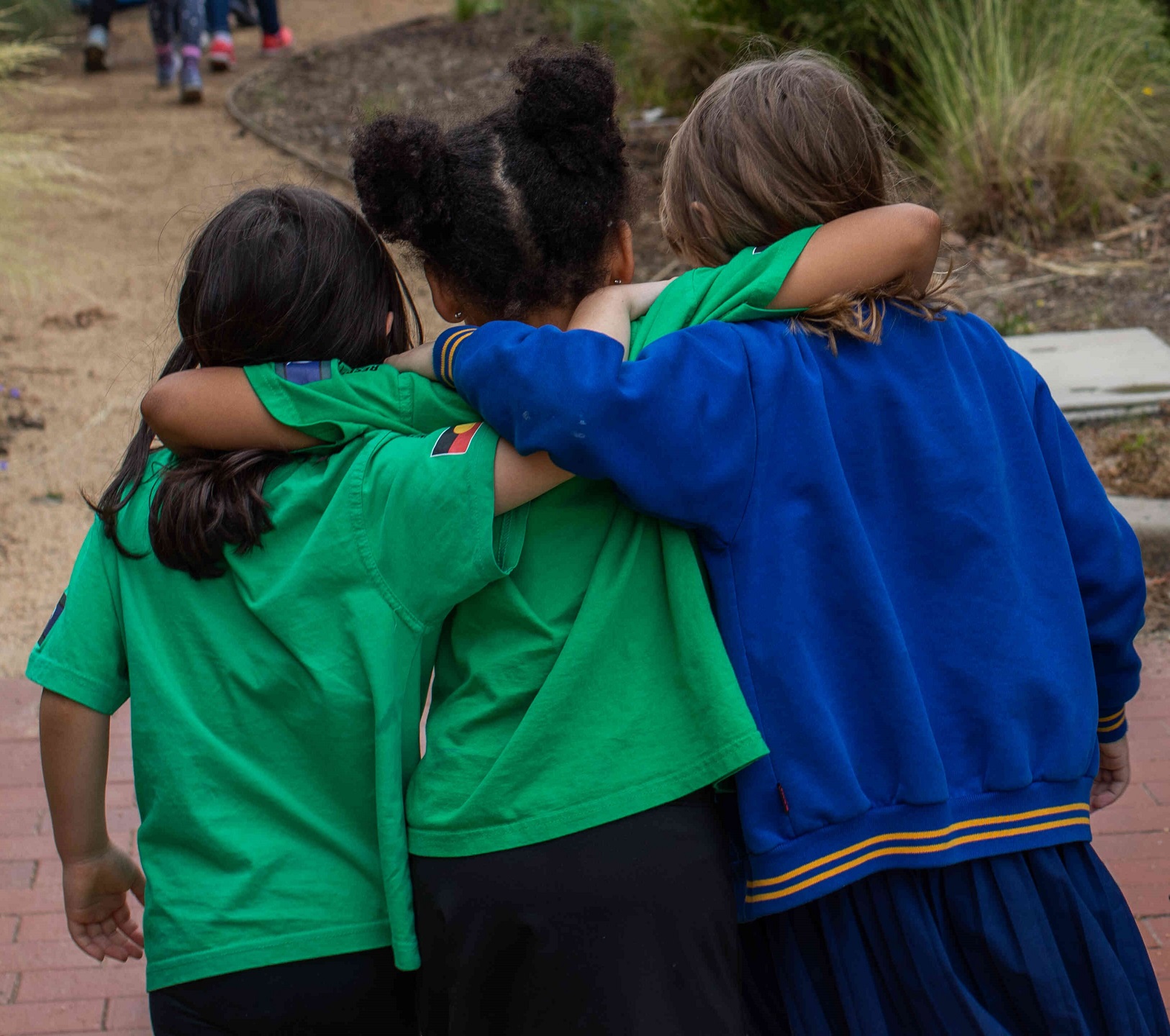Community trauma relates to a shared experience that affects a whole community rather than an individual or small isolated group of people.
It can result from events that threaten a community members' way of life, their sense of safety and their functioning. This may be natural or human-caused: for example, bushfire, flood, a pandemic like COVID-19, war, terror attack, or the death of a community member.
What are the mental health and wellbeing impacts of community trauma?
Community trauma can have short and longer-term impacts for some people and recovery is different for everyone. Recovery depends on the extent of the impact of the traumatic event and the needs and protective factors of each community. These needs may change over time.
Following a shared traumatic event, such as a natural disaster or death of a community member, you may identify children and young people in your service or classroom displaying changes in behaviour, such as non-compliance or disengagement from learning. These behaviours may indicate that a child or young person is experiencing community trauma.
As an educator, you’ll be faced with many challenges following an event that results in community trauma, including trying to support children and young people in your learning community as well as managing your own emotions and response to the event.
It can be difficult to continue your day-to-day role, trying to provide a safe, secure environment for children and young people, while also managing your own wellbeing.
How can educators support children and young people experiencing community trauma?
If you are fostering a learning environment that is safe, builds trust, and encourages choice and collaboration, you have already established the core principles that support a trauma-informed approach.
You may not be a mental health professional, however, understanding how people respond to trauma can help to you to recognise and then support children and young people impacted by community trauma.
How does Be You equip educators to support learning communities impacted by community trauma?
Be You recognises the mental health impacts of community trauma, and the important role that educators and learning communities play in children and young people’s disaster recovery and resilience development.
Be You equips educators with evidence-informed resources to support themselves and their learning community’s disaster recovery and resilience.
On the Responding to natural disasters resource page, you will find tools and resources to support you and your learning community’s disaster recovery and resilience development.
As a Be You Learning Community, you gain access to a network of Be You Consultants who can support you to navigate and implement these tools and resources to best meet the needs of your service or classroom.
